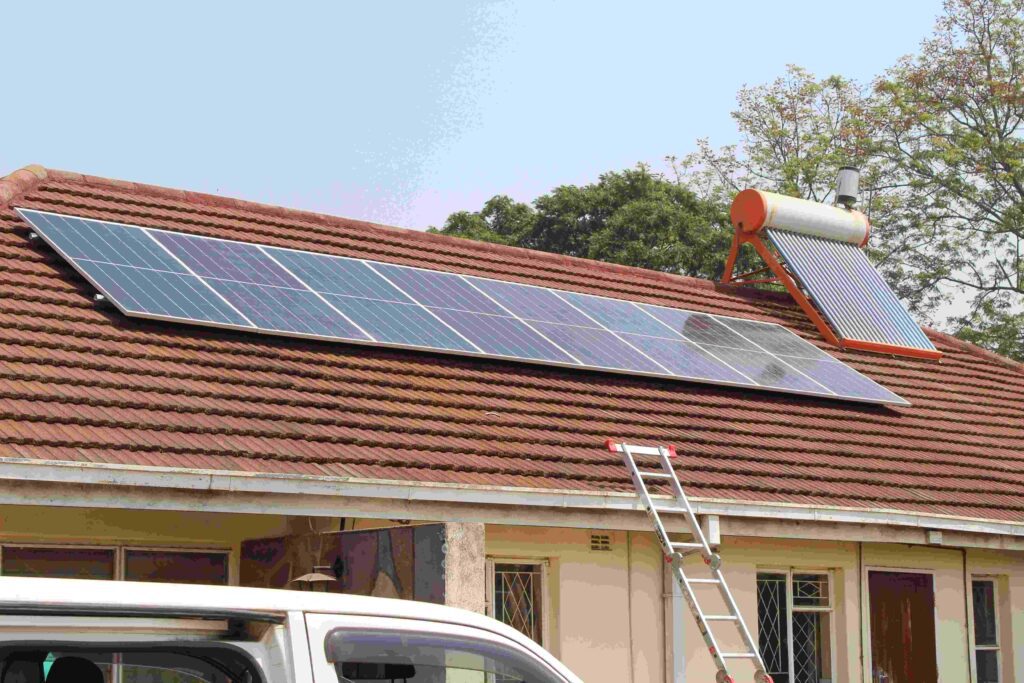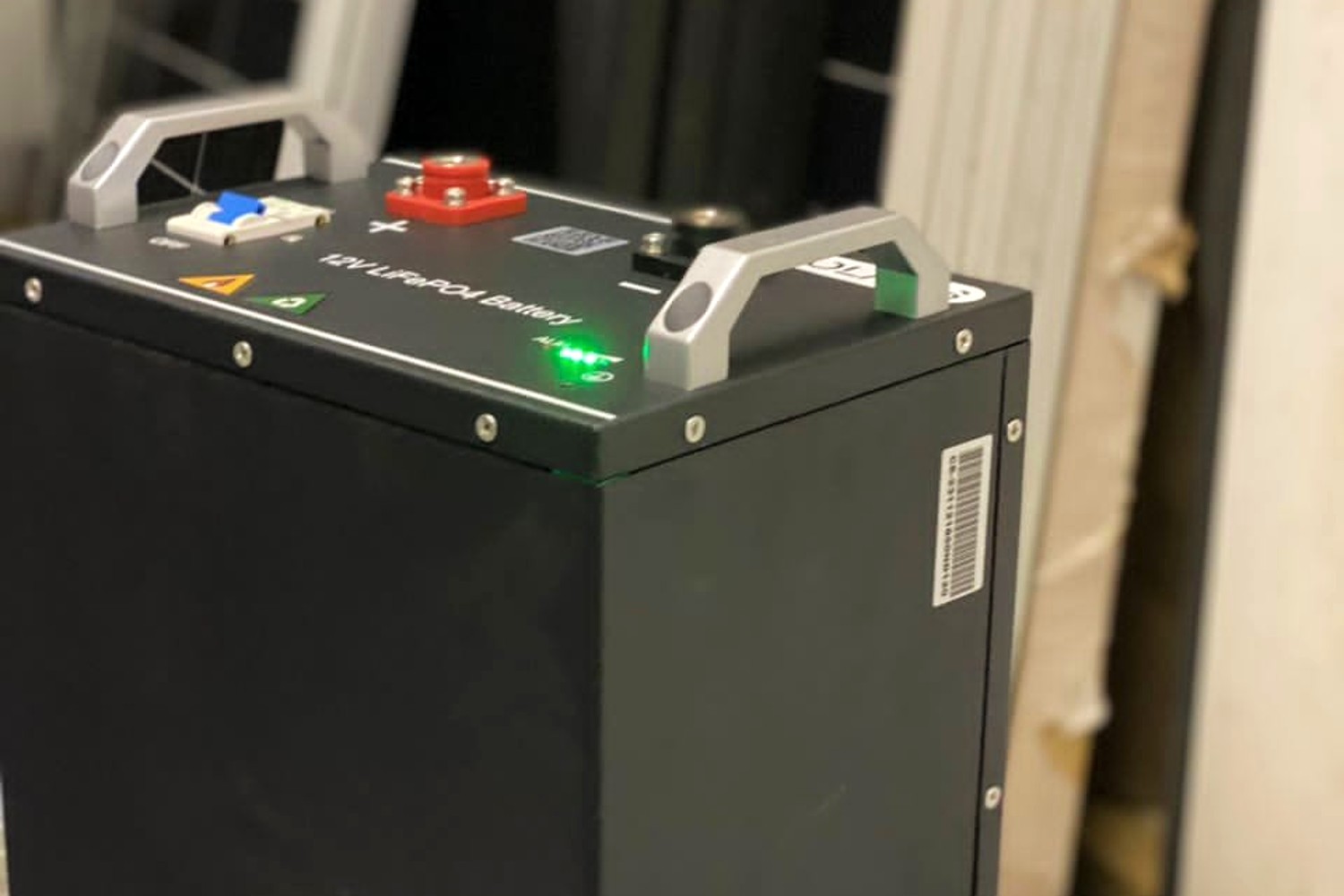With Zimbabwe grappling with extensive electricity cuts, citizens are forced to use alternative power sources for both domestic and business operations.
Officials have sounded the alarm about the need for public education on preventing fires when using these alternative power sources.
During the Full Council Meeting, Ward 17 Councilor Sikhululekile Moyo expressed concern that residents lack adequate information on preventing fire outbreaks while using alternative power sources.

In 2024, the city recorded numerous fire outbreaks that destroyed both private property and business premises.
“The engineering committee needs to teach people how to protect their property against potential fire outbreaks. As a city, we are not spared from the national power cuts, and in the previous year, we have seen houses and businesses succumbing to fire outbreaks,” Cllr Moyo said.
The Chairperson of the Environmental and Engineering Services Committee, Cllr Ntandoyenkosi Ndlovu, said their department is actively working to alert the public about various steps they can take to protect their property against fire.
“We are conducting fire prevention and awareness campaigns, especially in schools, institutions of higher education, and households. Most of the fire outbreaks we have are a result of lithium battery explosions, and unfortunately, residents sometimes delay reporting incidents. We are also inspecting various fire hydrants to ensure we are well equipped to respond to fire outbreaks,” Cllr Ndlovu said.
Bulawayo Fire Brigade Chief Fire Officer, Mhlangano Moyo, told CITE that last year the department received 474 fire reports, a slight decrease from 558 in 2023.
Moyo said 51 percent of the fires were veld and rubbish fires, and at least eight people suffered fire-related injuries, including third-degree burns.
“Lithium-ion solar batteries are a major concern. With the recent power outages and load shedding program, most people are resorting to solar power installation, which is cheaper, affordable, and user-friendly,” Moyo explained.
“We have noted that solar systems using lithium batteries are causing fires due to overcharging and overheating. When overcharged, the thermal runaway quickly spreads to other cells, creating an explosive chemical reaction like fireworks going off at once with ferocity and intense heat.”
Moyo advised residents to ensure proper battery charging management and make frequent inspections of batteries for signs of damage. He encouraged them to use equipment and chargers from reputable companies or manufacturers and to install safety devices such as alarms to help prevent fires.

